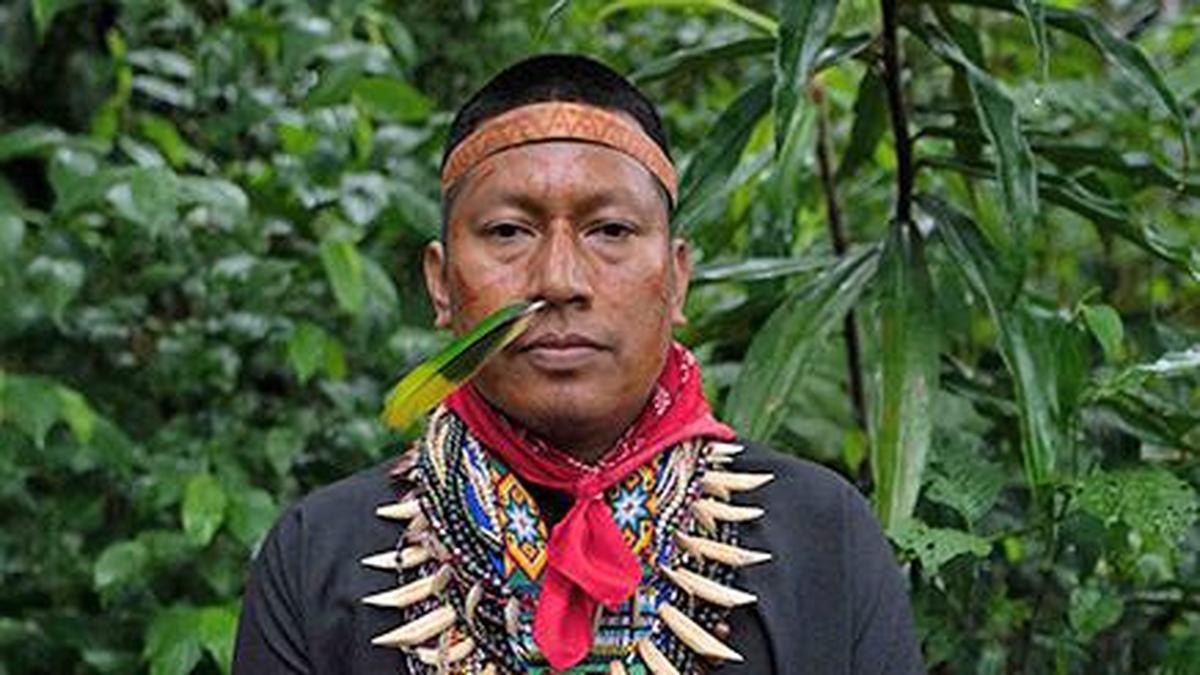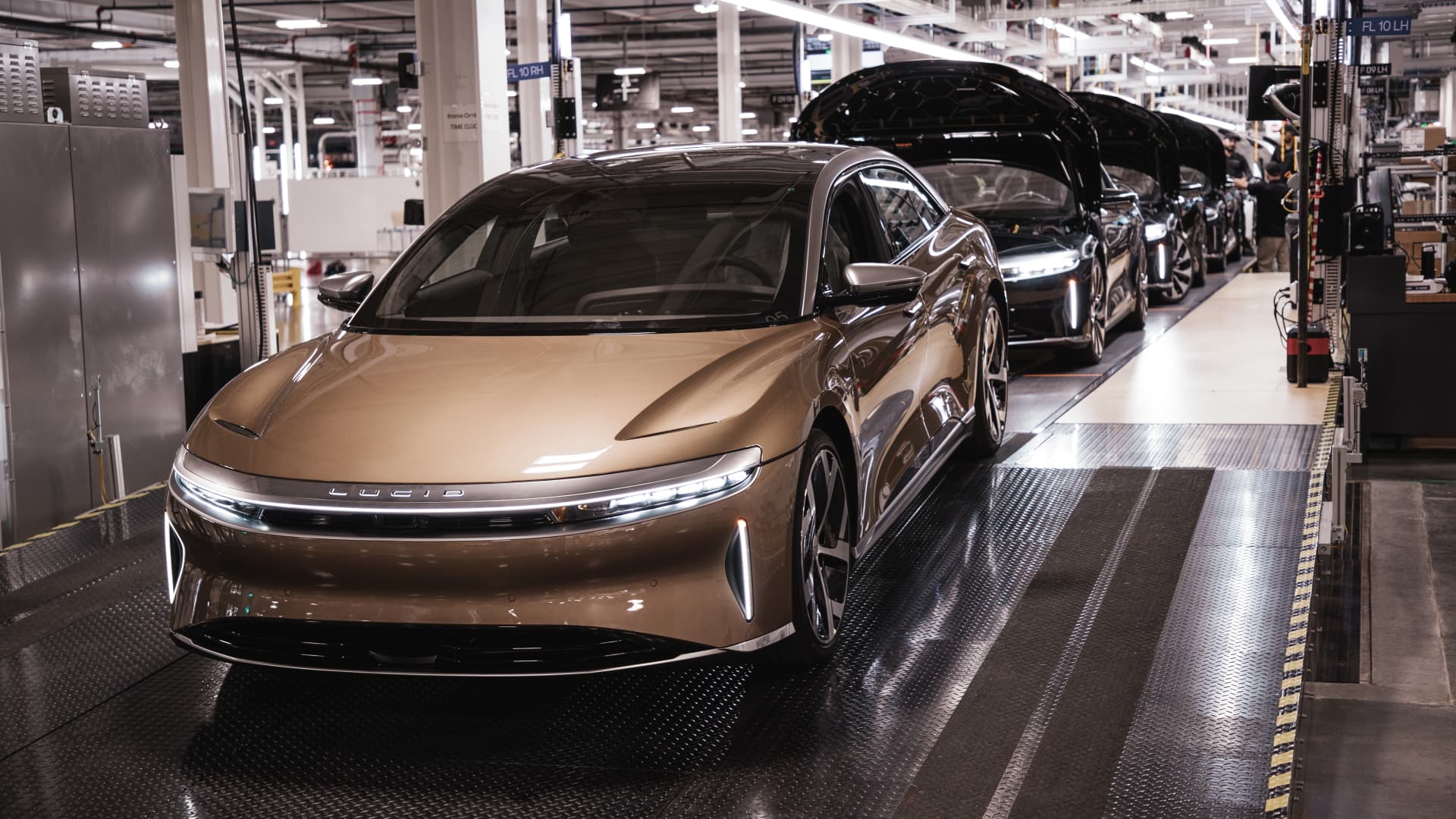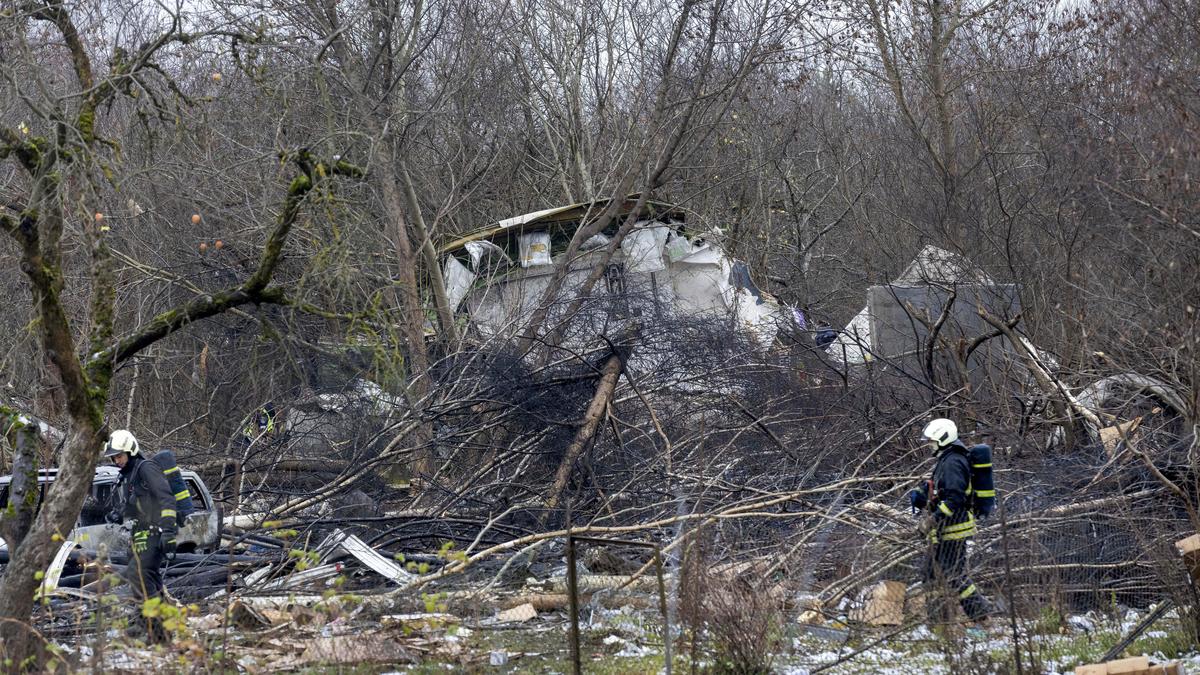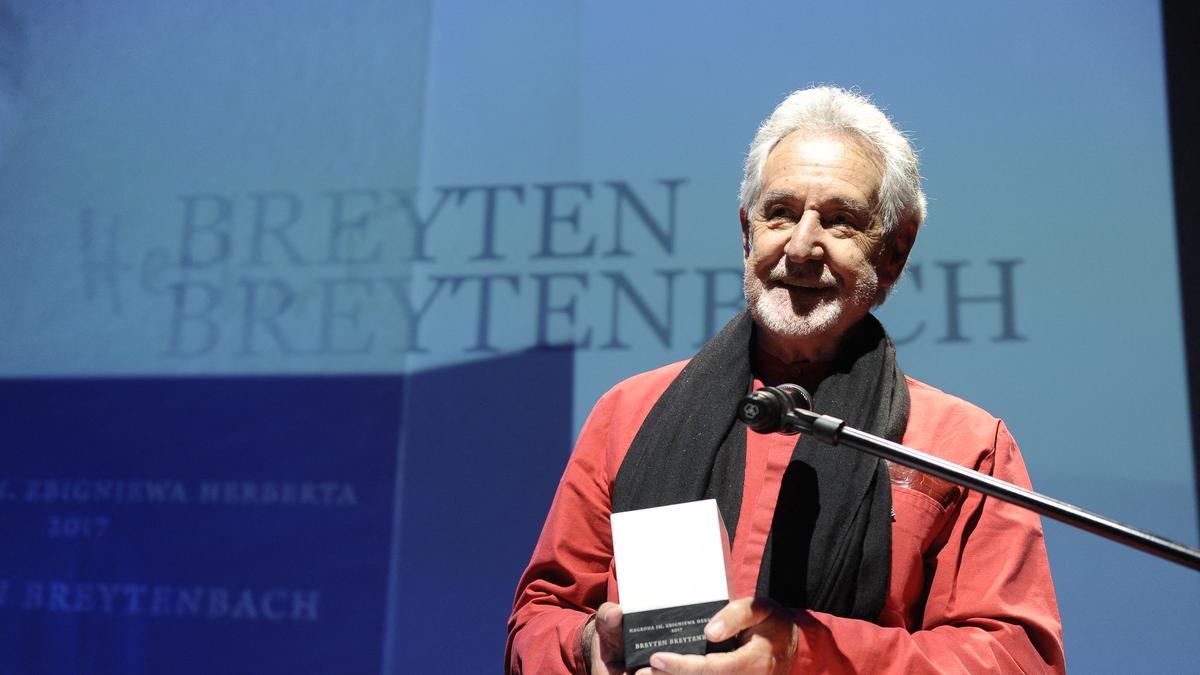Ecuadoran activist Alex Lucitante has never shied away from the fight against land-grabbing miners and armed groups in his restive part of the Amazon jungle bordering Colombia.
Later this month, he will take his battle to world leaders at the United Nations, as one of several Indigenous representatives to the COP-16 biodiversity conference in the Colombian city of Cali.
“It is an opportunity (for Indigenous people) to be stronger in the world,” he said ahead of the meeting, which organisers say will attract more than 100 government Ministers and 12 heads of state. “We are in a very critical situation.”
Mr. Lucitante, the 31-year-old son of a shaman, is of the Cofan Avie ethnic group. He has spearheaded his community’s fight against illegal gold miners, notably setting up an Indigenous guard and a drone surveillance system.
At the same time, he has fought in court. In 2018, the Cofan Avie won a legal victory over mining companies in Ecuador, where courts annulled 52 gold mining concessions that had been awarded without any consultation with the community.
In 2022, Mr. Lucitante and fellow activist Alexandra Narvaez were awarded the Goldman Prize, the equivalent of a Nobel for environmentalists, for their activism. But all their efforts have not stopped gold prospectors churning up the river beds for gold.
Mr. Lucitante blames governments for not doing enough. “Often, the aid designated for care of the environment, of biodiversity, stays in the cities and never reaches our communities,” he said. And states, he charged, “are the first to promote the destruction of biodiversity… putting out oil tenders and mining concessions while, at the same time, persecuting Indigenous leaders.”
COP-16’s organisers have said Indigenous peoples will have an active part in the talks, set to run from October 21 to November 1.
Published – October 08, 2024 09:34 am IST





